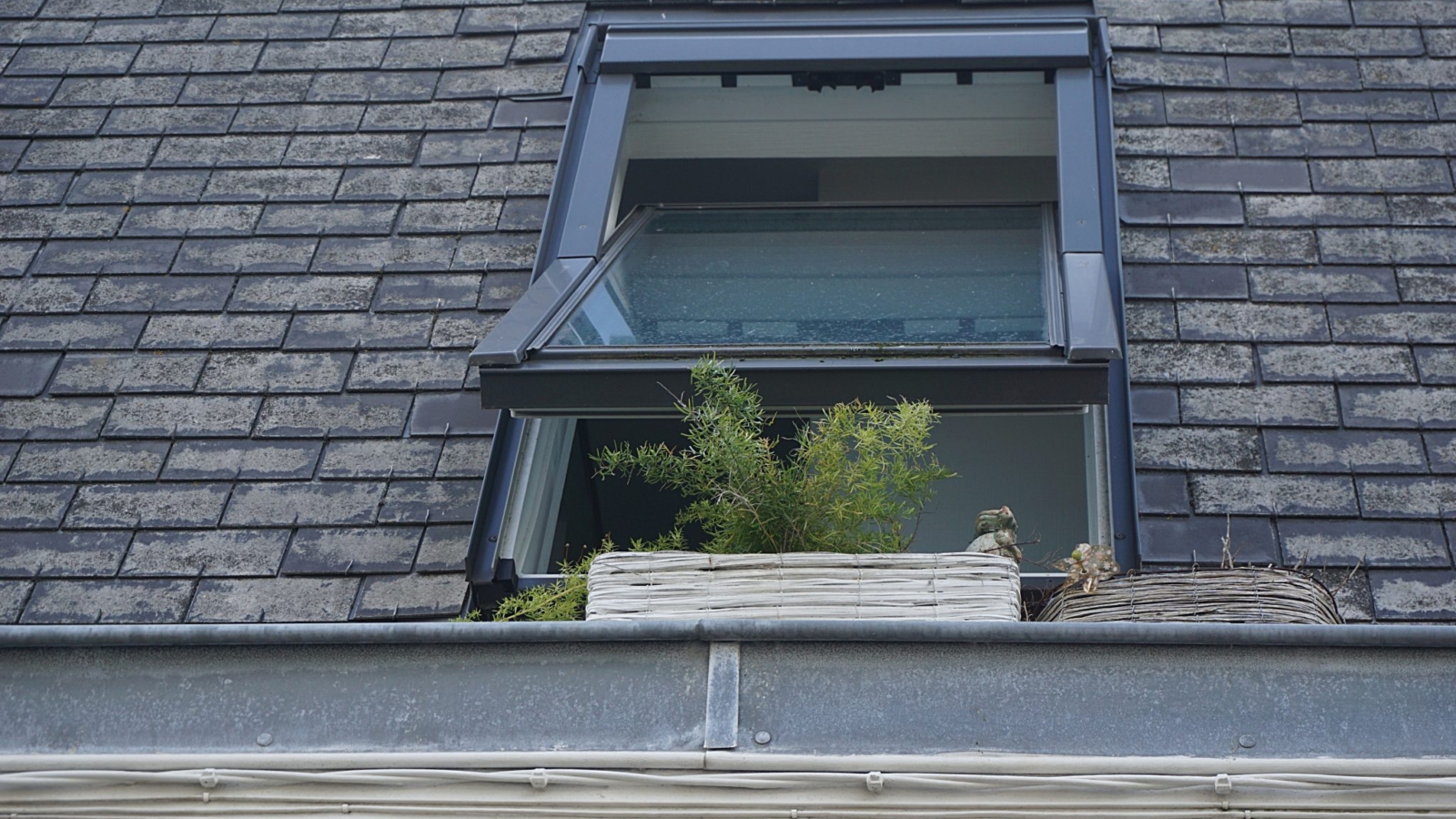The Ins and Outs of Roof Warranties
Homeowners are often confused by warranties and their terms, which is compounded when a lot of roofing contractors don’t explain them adequately. Homeowners assume that when a product includes, for example, a 15-year roofing warranty, that everything to do with their roof installation will be covered for 15 years. Unfortunately, this isn’t always the case. More commonly, a warranty is limited to material costs only, and does not cover cost of labour and other costs associated with the removal and replacement of materials. When looking at roofing warranties always read the fine print and ask if you don’t know.
In fact, roofing warranties can be complicated and it’s important as the building owner that you understand what type of warranty covers your roof, the terms of the warranty, factors that may make the warranty void. In this post, we will demystify some of the issues that surround roof warranties.
Types of Roofing Warranty
There are two basic types of roofing warranty which area the contractor warranty and the manufacturer warranty. Just as they sound, the contractor warranty is provided by the roofing contractor. That installs your roof whereas the manufacturer warranty is provided by the company that makes your roofing material. The type of warranty can vary significantly from one company to another, from one manufacturer to another. Typically, a contractor offers a warranty that covers labour while manufacturers’ warranties cover materials. Sometimes these warranties overlap, but that’s certainly not always the case. Just what kind of roof warranties do you need, and what does each kind actually protect you against?
While this is not a complete list, here are some of the basic warranties:
Labour warranties: This means the labour costs to remove and reinstall defective building materials. This does not always include the original installation. If leaks are due to workmanship errors with the original installation, a labour warranty may not cover this problem.
Material warranties: are fairly inexpensive but apply only to material defects that cause early deterioration of roofing systems. These Roof warranties include the roof membrane but not flashings, adhesives, or edges. A material warranty will cover the costs of material replacement but not the labour costs associated with repair.
Workmanship warranties: This type of warranty can be confused with a labour warranty. It is, in fact, a type of warranty that will cover you against costs related to actual installation failures and errors which a labour warranty may not cover. If you’re worried about sloppy workmanship, than this is probably the best warranty to purchase.
Terms of Roofing Warranty
As you may have guessed, the terms of your roofing warranty will depend on the type of warranty you have. and also the company providing the warranty. A thing to keep in mind is that the warranty is only as good as the company backing it.
It is important to note that there are typically maintenance responsibilities that are outlined in your warranty. If you fail to maintain your roof, your warranty may be deemed voided. For example, if you fail to fix curling shingles, the warranty may not be honoured. Additionally, roofing warranties are not likely to cover damage from standing water, damage to interior structures, and also so-called “Acts of God”. Acts of God are extreme weather conditions such as a floor, lightning, earthquakes, vandalism, or fire.
It probably won’t surprise you to learn that a lot of roofing warranties are more geared toward protecting the manufacturer than the homeowner. Manufacturers, of course, don’t want to shell out money to homeowners unless they really have to. Which is why they spend a lot of money on lawyers to compose the fine print that ultimately tries to limit their own liability if something goes wrong with their roofing products. That’s why it’s so important that you understand the following before signing off on your project and warranty purchase:
- What type of roof warranty am I getting?
- How long does the warranty last?
- What can void my roof warranty?
- What are my responsibilities for maintaining my roof warranty?
- What doesn’t a typical roof warranty cover?
Manufacturer Warranty
The most common kind of manufacturer warranty is a shingle warranty which may cover you for 20 to 50 years. As described earlier, this type of warranty only protects you against defects in the roofing materials themselves, not against improper instalment or worker error.
Although having a manufacturer warranty is important for your peace of mind, it’s actually rare for a roofing problem to be traced to a manufacturing defect. More commonly, a substandard roof is attributable to poor installation which is a separate issue altogether and which a manufacturer warranty won’t cover. Keep in mind even if the materials themselves are at fault, your warranty may only cover those materials, not the labour required to install them.
Conclusion
The actual terms of a roofing warranty will differ from company to company and the roofing material you select. Always ask for a copy of the warranty before signing the contract. And educate yourself about the exclusions and limitations in the warranty.
When you hire a roofing contractor, you should first check to see if your roof is under warranty. If it is, then it can help you save possibly thousands of dollars in repairs. Call us at Cambie roofing because we offer you the most warranty choices for your new roof or roof repairs. For the best protection for your home, call our Vancouver roof experts to schedule a free, in-home consultation.
Originally published February 2019.
Updated and republished November 2023

